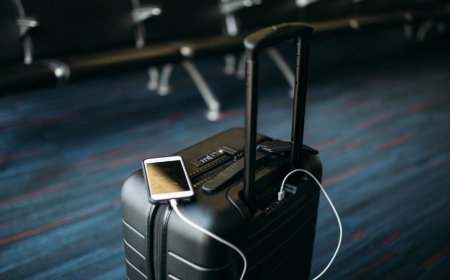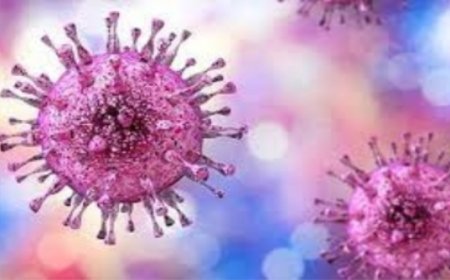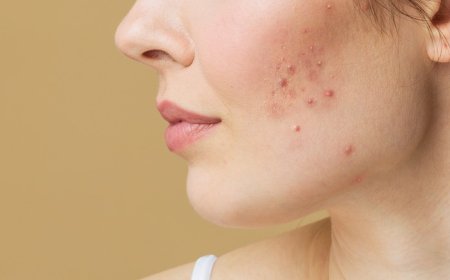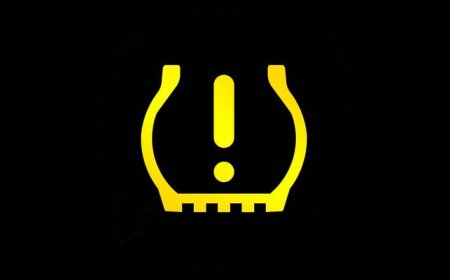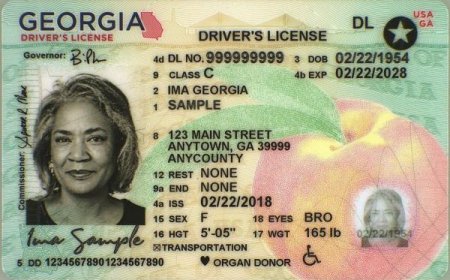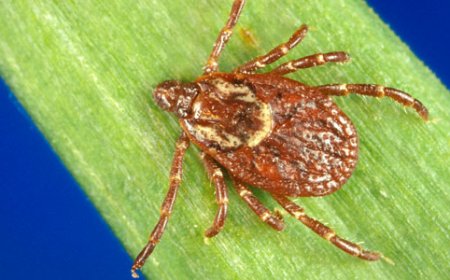Allergies in Children: What Parents Should Know
Learn about allergies in children, including common allergens, symptoms, and management strategies. Find out how to prevent allergies in children with helpful tips.

Allergies in Children: What Parents Should Know
Allergies affect millions of children worldwide, and the prevalence of allergies in children has been increasing in recent years. As a parent, it is important to be aware of the signs and symptoms of allergies in children, as well as the steps you can take to manage and prevent allergic reactions. In this article, we'll discuss what parents should know about allergies in children.
What are allergies?
An allergy is an immune response to a substance that is typically harmless to most people. When a child with an allergy is exposed to an allergen, such as pollen or certain foods, their immune system reacts by producing antibodies that trigger a release of histamine and other chemicals. This can lead to a range of symptoms, including itching, hives, swelling, breathing difficulties, and even anaphylaxis in severe cases.
Common Allergens in Children
Allergies can be caused by a wide range of substances, but some of the most common allergens in children include:
- Pollen and other airborne allergens: These include grasses, trees, and weeds, and can cause seasonal allergies.
- Animal dander: This includes pet hair, skin, and saliva, and can cause year-round allergies.
- Dust mites: These are tiny bugs that live in dust, carpets, and bedding, and can cause year-round allergies.
- Insect stings: This includes stings from bees, wasps, and other insects, and can cause severe allergic reactions in some children.
- Certain foods: Common food allergens include peanuts, tree nuts, milk, eggs, wheat, soy, and shellfish.
Symptoms of Allergies in Children
The symptoms of allergies in children can vary depending on the allergen and the severity of the reaction. Common symptoms of allergies in children include:
- Sneezing, runny nose, and nasal congestion: These are common symptoms of seasonal allergies.
- Itchy, watery eyes: This is a common symptom of allergies caused by pollen, animal dander, or dust mites.
- Skin rash or hives: This can be a sign of an allergic reaction to a food or medication.
- Abdominal pain, diarrhea, or vomiting: These are common symptoms of a food allergy.
- Difficulty breathing or wheezing: This can be a sign of a severe allergic reaction.
- Swelling of the lips, tongue, or face: This can be a sign of a severe allergic reaction.
Managing Allergies in Children
If you suspect that your child has an allergy, it's important to seek medical attention. Your doctor can perform tests to determine the cause of the allergy and recommend appropriate treatment. In some cases, your child may be prescribed medication to manage their symptoms. For environmental allergies, your doctor may recommend avoiding the allergen or using allergy shots to desensitize your child's immune system.
- Avoiding known allergens: If your child has a known allergy, it is important to avoid exposure to the allergen as much as possible. This may involve making changes to your child's diet, home environment, or activities.
- Medications: Your child's healthcare provider may prescribe medications, such as antihistamines or nasal corticosteroids, to manage their allergy symptoms.
- Allergy shots: In some cases, allergy shots may be recommended to desensitize your child's immune system to specific allergens.
- Emergency plan: If your child has a severe allergy, it is important to have an emergency plan in place, including access to epinephrine (EpiPen) and instructions for administering it.
Preventing Allergies in Children
Allergies in children are becoming increasingly common, with estimates suggesting that up to 40% of children worldwide are affected. Allergies can have a significant impact on a child's health and well-being, as well as their quality of life. Fortunately, there are steps that parents can take to help prevent allergies in their children.
-
Breastfeeding: Breastfeeding is one of the best ways to help prevent allergies in infants. Breast milk contains antibodies and other immune system components that can help protect infants from developing allergies. Experts recommend exclusive breastfeeding for the first six months of life, and continued breastfeeding for at least one year.
-
Introducing solid foods: Introducing solid foods to infants at the right time can also help prevent allergies. Delaying the introduction of common allergens, such as peanuts, eggs, and fish, beyond six months of age may increase the risk of allergies. Introducing these foods earlier, between four and six months of age, may actually reduce the risk.
-
Managing environmental factors: Environmental factors can play a significant role in the development of allergies. Exposure to cigarette smoke, pollution, and other environmental toxins may increase the risk of allergies in children. Parents can take steps to reduce exposure to these factors, such as avoiding smoking around children, using air filters in the home, and limiting exposure to outdoor pollution.
-
Maintaining good hygiene: Maintaining good hygiene can also help prevent allergies in children. Regular hand washing, especially before meals, can reduce the risk of exposure to allergens. Keeping the home clean and free of dust, pet dander, and other allergens can also help prevent allergies.
-
Managing stress: Stress can weaken the immune system and make children more susceptible to allergies. Parents can help manage their children's stress levels by creating a calm and supportive home environment, encouraging healthy coping mechanisms, and seeking professional help if necessary.
In conclusion, preventing allergies in children is important for their health and well-being. By following these simple steps, parents can help reduce the risk of allergies in their children and ensure that they grow up healthy and happy.
What's Your Reaction?















